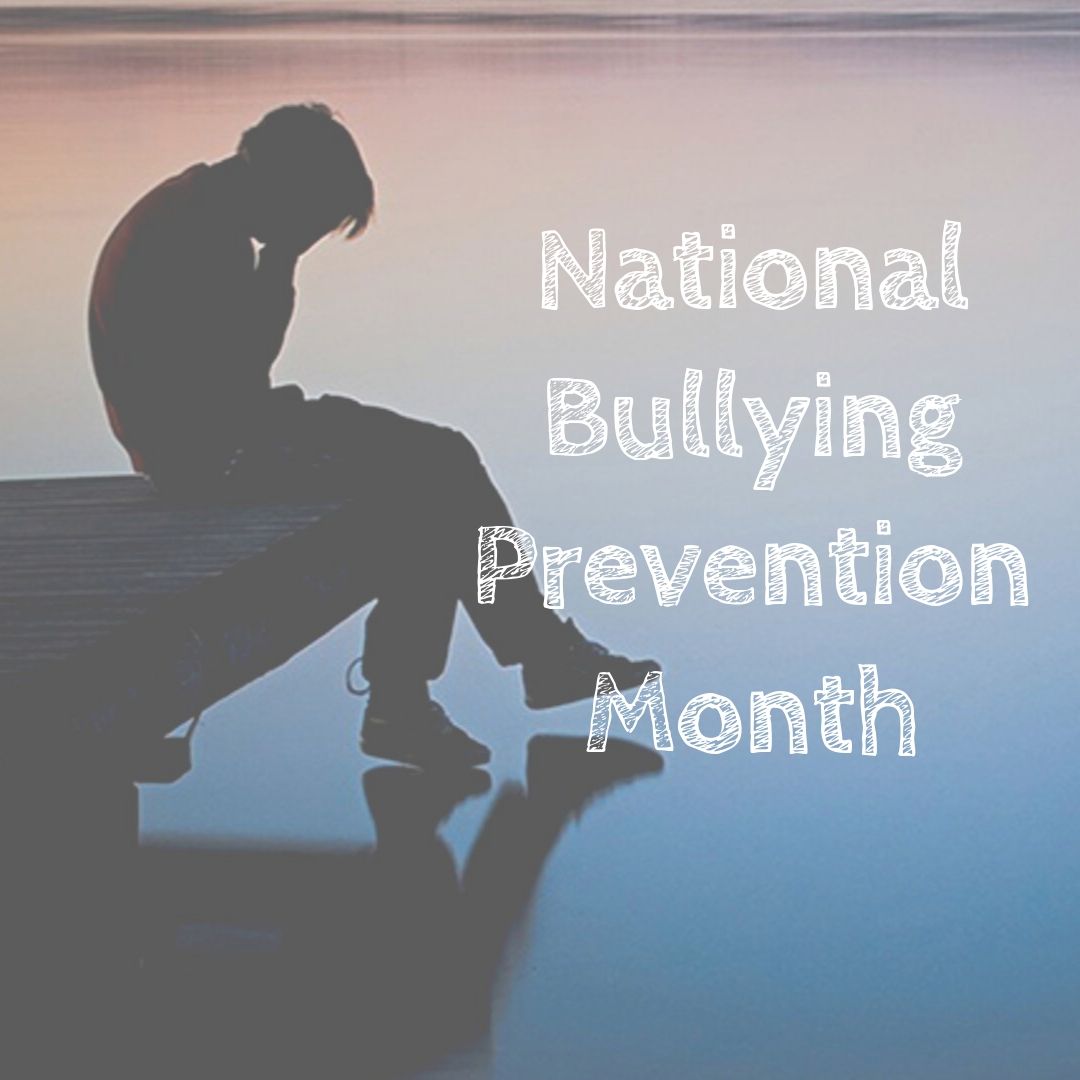 With the rise of online games, web-based education, and smartphones that access everything from house lights to security systems, it’s not surprising to read these statistics:
With the rise of online games, web-based education, and smartphones that access everything from house lights to security systems, it’s not surprising to read these statistics:
In 2013, 71 percent of the U.S. population age 3 and over used the Internet
- 94% of youth ages 12-17 who have Internet access say they use the Internet for school research and 78% say they believe the Internet helps them with schoolwork.
- 41% of online teens say they use email and instant messaging to contact teachers or classmates about schoolwork.
- 87% of parents of online teens believe that the Internet helps students with their schoolwork and 93% believe the Internet helps students learn new things.
Since so many kids come to school with a working knowledge of the Internet, teachers feel comfortable using it as a teaching tool but just because students use the Internet doesn’t mean they do it safely and wisely. In fact, despite that the UN considers access to the Internet a human right, many adults and even more kids don’t know how to act as good digital citizens when visiting this sparkly and exciting world. When they first arrive, all of life’s rules seem to be upended. Users can be anyone they want, break any cultural norm and even be anonymous if they’re careful, hiding behind the billions of people crowding around them.
A good place to start an Internet education is: There are rules. Educators know this and are beginning to recognize that it is their responsibility to teach them. It’s not that parents don’t want to take on this job. They just don’t understand it — which doesn’t mean they don’t recognize its importance. In fact, over half of parents say it’s essential especially when looking at data showing kids don’t know how to stay safe or why they should (from Smart Social):
- 92% of teens post their real name on their online profiles
- 58% of teens don’t think posting personal info online is unsafe
- 69% of teens regularly receive personal messages online from strangers and most of them don’t tell a trusted adult
No wonder parents are frightened. A survey collected by Smart Social itemizes their top fears related to children using the Internet:
- Predators/bullying
- Kids giving out too much info
- Info not being secure (even on apps that claim it is)
- People taking advantage of kids online
- Kids lacking wisdom (and not wanting to listen to their parents)
- Parents lack knowledge
- Kids wasting time online that is not productive
- Parents not knowing when to let go and give kids freedom
- Kids going around safety restrictions
Did you notice something missing from this list? The fears above revolve around the Internet safety of an individual but there’s a whole separate digital citizenship issue that most of us haven’t even gotten around to worrying about. It is not as frightening as what’s described above but fully as critical to building competent, aware users of a webtool (the Internet) that is multicultural, agnostic about perspective, and accessible from anywhere in the world. These are the global demands of digital citizenship. Luckily, Lee Crockett and Andrew Churches have written a book on that topic, a discussion I’ve not seen anywhere else. Here’s my review:
 Growing Global Digital Citizens: Better Practices That Build Better Learners
Growing Global Digital Citizens: Better Practices That Build Better Learners
My rating: 5 of 5 stars
As a teacher, it surprises me that so much about digital citizenship is addressed through the lens of the individual. Lee Crockett and Andrew Churches change that. In their 172-page groundbreaking book, Growing Global Digital Citizens: Better Practices that Build Better Learners (Solution Tree Press 2018) they have an exciting and fresh discussion of the dynamic responsibilities inherent to living in an ever-smaller global village where respect for the planet and its inhabitants is as important as the more iconic digital citizenship topics like privacy and social media.
In fact, the book assumes readers are conversant in what are traditionally accepted as digital rights — access to information and avoidance of plagiarism — and focuses instead on the rarely discussed critical responsibilities to the global community like showing respect to yourself and others, participating in altruistic activities, and demonstrating healthy environmental stewardship for the planet. It delves into personal responsibilities for lifelong learning, nurturing relationships, staying healthy, and adopting ethical and moral standards as well as global responsibilities such as fostering an international community and managing environmental stewardship. It also includes common sense strategies for pursuing these in a school environment such as a digital citizenship agreement and a discussion of digital devices. For those using the book as a workbook, the authors provide guiding questions at the end of each chapter to turn the lessons into practical school-based strategies for all stakeholders.
Overall, this is a comprehensive and fresh approach to incorporating digital devices and the Internet into the global learning environment. It should be part of every teacher’s library.
Jacqui Murray has been teaching K-18 technology for 30 years. She is the editor/author of over a hundred tech ed resources including a K-12 technology curriculum, K-8 keyboard curriculum, K-8 Digital Citizenship curriculum. She is an adjunct professor in tech ed, Master Teacher, webmaster for four blogs, an Amazon Vine Voice, CSTA presentation reviewer, freelance journalist on tech ed topics, contributor to NEA Today, and author of the tech thrillers, To Hunt a Sub and Twenty-four Days. You can find her resources at Structured Learning.





































2 thoughts on “How to Grow Global Digital Citizens”
Comments are closed.